How Do I Prevent My Turf From Premature Matting?
Synthetic turf is maintenance free when it comes to watering, mowing and fertilizing but allowing premature matting will add additional maintenance and will have you on a rake and broom more often to keep the fibers in an upright position.
This month ASK JW will teach you why fiber structure and type of infill is important in keeping your synthetic turf fibers looking good for years to come.
Every year SGW and its research and development team are producing advanced synthetic turf fibers in different shapes to give stability to its synthetic turf systems.
The fiber structure is very important to its longevity as well, especially when it comes to keeping the fibers vertical. Getting to know your turf and type of infill will keep your customers happy without complaining of excessive matting or lying flat.
Terms to remember in the synthetic turf industry;
- Fibers- a slender filament
- Matting of fibers – entangled in a thick mass, depressed, lying flat
- Foot traffic-the wear and tear caused to a surface by people walking on it
- Egress-a means or place of going out; an exit.
- Fiber Memory loss- the loss of retaining impression
- Fibrillation – to undergo brushing or manipulation to synthetic turf fibers
- Power broom- a mechanical broom consisting of a brush of stiff strands of synthetic material that when in use spins in a brushing motion.
- Infill -sand, rubber or zeolite
- Angular- having an angle or angles (not smooth)
Prior to your installation I recommend you research the use for the area that you are placing the synthetic turf.
These are some questions that I recommend answering to assist you in choosing your synthetic turf product.
- Is it a high traffic area?
- Is the area made for multiple child play?
- Is there constant egress?
- Is it an area where sporting activities will be played on?
- Will there be furniture placed in the area?
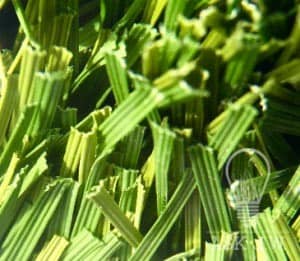
These factors need to be acknowledged prior to your installation, otherwise you will be driving back and forth having unwanted trips raking and booming to no end.
High traffic areas may require a fiber that is either “textured or grooved”. Some fibers may feel and look durable but may not actually be aggressive enough to withstand heavy foot traffic.
Take a magnifying glass and inspect the face of the fiber. If the fiber has no texture or grooves then this fiber may be insufficient for aggressive wear and will create constant maintenance keeping the fibers upright.
SGW has “U” shaped, “S” shaped, “W” shaped and texturized fibers that prevent premature matting. SGW also carries synthetic turf that has smooth fibers for that softer touch and feel on the feet. See your representative for names and specifications for these products.
Choosing a Winning Combination of Granule Infill
A properly ballast synthetic turf system is important when it comes to wear and tear prevention. The type of infill must match the proposed surface wear. Understanding granule infill that is used to ballast synthetic turf could add life to your synthetic turf system. The methods that I recommend are either “Blending Infill prior to placement” or “Various Infill Placement”.
If the correct combination is achieved it will support wear and tear of its fibers.
Blending Infill
Blending infill is when you blend infill types prior to placing within the fibers. Ratios of crumb rubber, Silica sand, Durafil or Zeolite. Blending types of infill with crumb rubber allows the infill to constantly be moving when extensive foot traffic is present.
Various Infill Placement
Various infill placement is required to achieve stability and play for areas that are used for sporting activities. Depending on the sport, the ratios of infill and its elevation placement is very important. Email askjw@sgwcorp.com with any questions regarding the area to be used and Ask JW will assist you in the correct ratios and infill type for your installation.
High Traffic Areas
Synthetic turf that is placed in areas of egress (entrance or exit) will need an aggressive fiber and proper infill placement. I recommend a stiff springy fiber and infill placement consisting
of a mixture of 70% SGW crumb rubber and 30% SGW round silica/Envirofill. This will give the turf ballast and allow movement of the infill within the fibers during foot traffic. If 100% silica/Envirofill is used it may compact and create an elevation where foot traffic can wear fibers back and forth forcing the fibers to lose its memory and create a maintenance nightmare. I recommend not using “Angular” silica form hardware stores. This abrasive silica is not round in fashion and its geometrical make up allows the granules to interlock and become hard expediting wear on surrounding fibers. It also gets real hard and compacts very easily after rainfall.
Egress Areas

Entrance and Exit areas require continuous maintenance due to the amount of traffic use. One might want to consider installing hardscape in these areas. I recommend incorporating concrete, pavers or stepping stones in these areas instead of synthetic turf. When heavy foot traffic is continuous it causes the fibers to lose their memory. Trying to uplift the fibers on a monthly basis is not only tiresome but creates a breakline at the infill elevation and may cause the fibers to break and detach. If constructing concrete, pavers or stepping stones is not an option, then I recommend placing 100% crumb rubber to allow as much internal movement within the fibers to prevent breakage. If you are using synthetic turf as a walkway you are setting yourself up for continuous maintenance and providing your clients with synthetic turf that will have a short life span.
Is the Area for Multple Child Play?

Many clients tend to want a “softer turf” when it comes to their children’s play area. I recommend using a turf that’s fiber that is textured but soft to the touch. SGW has many turf systems that feel soft and simulate natural grass. I would recommend using a 80% crumb rubber and 20% Envirofill.. When impact is represented into this system it creates a wave form. This wave form allows the synthetic turf to accept pressure of the depressed impact which may foot traffic. When impaction is introduced the rubber granules absorb the friction and allow the fibers to return to upright condition. You may need to add infill periodically due to “walk off”. Walk off is where infill gets stuck in shoes, windblown and removed wear and tear.
Areas that have constant foot pressure that causes matting will need to be top dressed often with crumb rubber. I recommend spreading 1/2” of crumb rubber on top of matted area and rake into the fibers.
Is the Area Used for Sporting Activities?
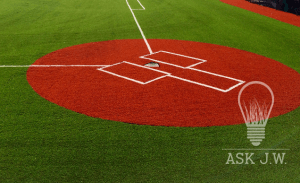
If the area is to be used for sporting activities it is important to use a synthetic turf that is designed to withstand continuous wear. Most sports turf does not have internal textured “Thatch” (texturized fibers) within the primary fibers and requires crumb rubber and Durafil infill for proper ballast. SGW carries multiple types of sports turf which fibers are designed for sports play. Depending on what type of sport, a combination of crumb rubber and Envirofill will be needed. Baseball turf will need a higher content of sand/Envirofill mixture to simulate the play of the baseball. Email askjw@sgwcorp.com with any questions regarding the area to be used and Ask JW will assist you in choosing the correct sports turf, ratios and infill type for your installation.
Stepping Stones

Stepping stones can be used to prevent matting. Prior to installation map out the area of proposed foot traffic and place stepping stones, pavers or concrete. This will save time and money from having to brush/fibrillate the fibers and will also make your installation “worry free”.
Small areas that are matted could be maintained by hand dressing with infill to keep the fibers vertical.
Water hose sitting on synthetic turf can cause a depression and is very hard to brush out. When a water hose is turned on and is being used the micro vibrations sends shock waves into the hose. These vibrations quickly depress the fibers in synthetic turf. Keep all water hoses off synthetic turf.
“Protect your investment by choosing the correct turf and infill for your project”
Stay tuned for next month’s ‘Ask J.W.’ installment!
For more information, contact J.W.: askjw@sgwcorp.com or call 888.846.3598
Other Topics:
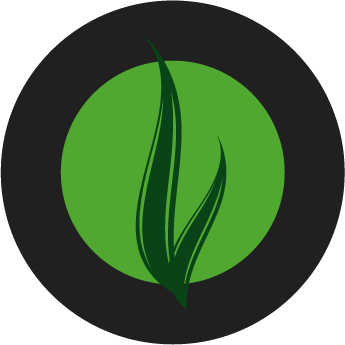
About SGW
Learn more about SGW

Certifications
IPEMA, Lead-Free, and CAD Details
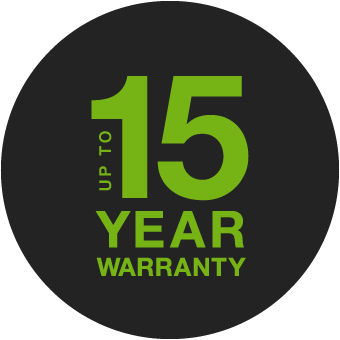
Warranties
Our Industry Leading Warranties

Ask an expert
See if we’ve answered your questions

Media
Our tried and true steps for installation

Blog
Learn about our turf in depth
Find us on social
Here to help
Our Commitment
We are committed to providing the best artificial turf products at competitive prices. Our warehouse carries the most advanced synthetic grass products available, engineered to look and feel like real grass. Every turf product is made with high quality materials that are safe for everyone, especially children and pets.

Industry Leaders
SGW Seattle has always stood out among competitors, offering new products with the latest technology.

Service Oriented
The only thing better than our grass is our customer service. Our staff is committed to providing the best experience possible for our clients.

Quality Driven
At SGW Seattle we only offer products that maintains a high standard of quality. Backed by up to a 15 year warranty, the best in the industry.

